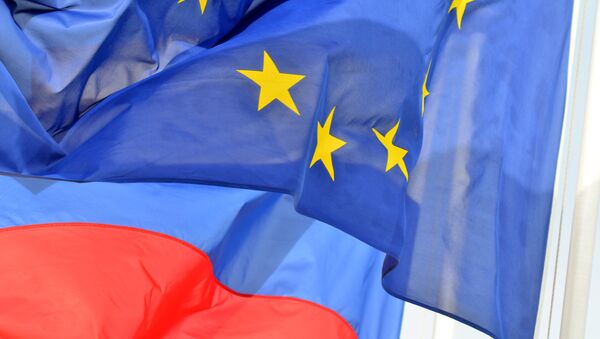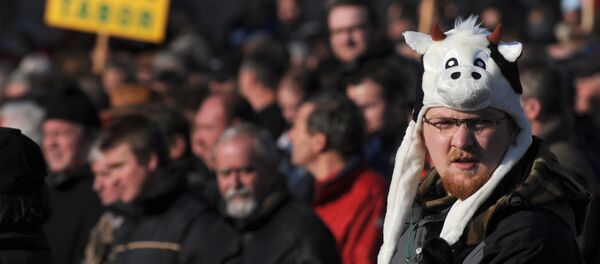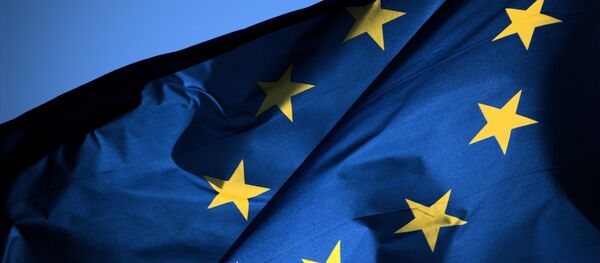"The EU will gradually start reviewing its position towards the sanctions… I believe it is not a thing that will last for a very long time," Kouvelis said.
"The time of the crisis would necessitate the opposite, i.e. the development of collaboration," he added.
He stressed that cooperation with Russia had been made more complicated because of the sanctions, but expressed certainty that it is always possible to find ways of working together, even under such conditions.
According to Kouvelis, the sanctions regime "hampers the economy of not only the Russian Federation, but also the European Union" as it "does not serve the building of bridges between two very important potential partners, like the European Union and the Russian Federation".
In August 2014, the Russian government imposed a ban on the import of certain food products from countries that had introduced sanctions against Moscow. The ban has since been extended for another year.
The Austrian Institute of Economic Research recently published a study, in which it projected that the European Union could lose up to $114 billion, should the anti-Russia sanctions regime continue.



